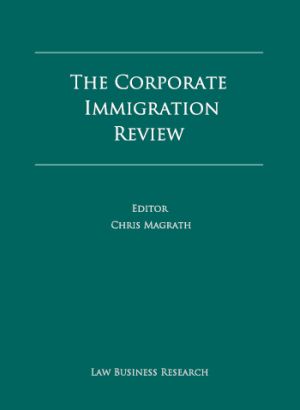
One of the benefits of being immigration practitioners is that our subject is never out of the news. Our discipline has been a hot political topic for over a decade and the current climate provides no exception. Across the globe political parties perceive the immigration debate as a mechanism with which to gain the attention of the voting public. In the UK, with an eye on the 2015 election, all of the political parties wish to stake their ground on immigration policy. The desire to provide a robust response to perceived public concern over migration flows, combined with a fear of the UK Independence Party (UKIP) vote, means that 2014–15 is unlikely to see any relaxation of immigration policy.
Our present leaders are focused on numbers and they hope to brandish a huge reduction in net migration to the electorate in two years’ time. Their ability to contain migrant flow is constrained by the provisions of international treaties (most importantly the Treaty of Rome) and the development of human rights laws with associated protections of the family unit. It has, therefore, been the working and business populations that have been most affected by the drive to bring down numbers.
The relative easing in the economic crisis globally does not yet appear to have had a favourable impact on immigration policy. It will be some time before politicians are comfortable with a more flexible approach to international labour flows. Throughout the chapters of this book you will see a marked tendency towards increased regulation and constraint. President Obama in particular is unlikely to find the political capital needed to deliver on immigration reform, and the tone of debate in Australia has changed markedly since the election of Prime Minister Abbott last September.